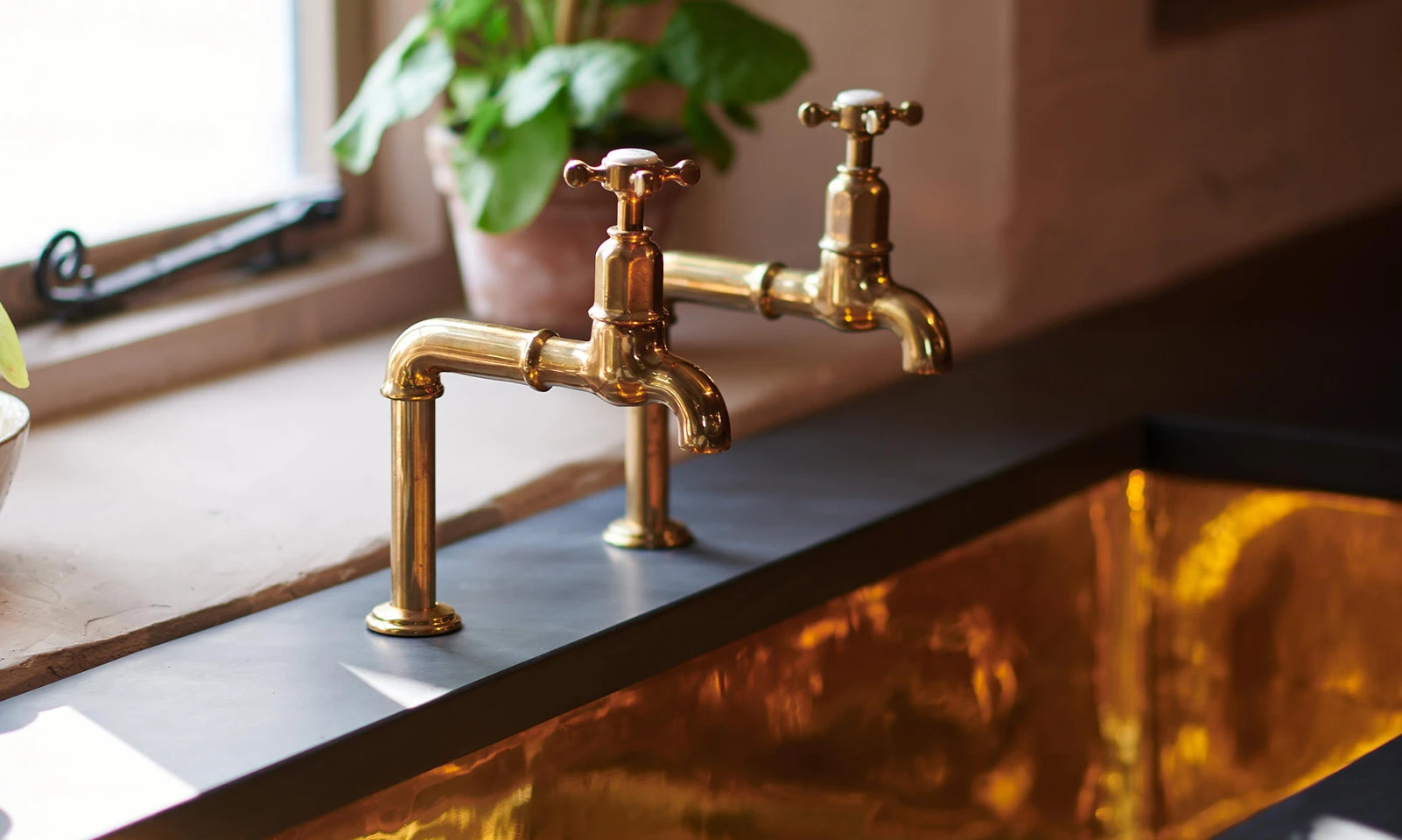In the world of plumbing and construction, the phrase “where there is dirt, there is a need for brass fittings” rings particularly true. Brass fittings play an essential role in various applications, from residential plumbing systems to industrial construction sites. This article explores the significance of brass fitting, their applications, benefits, and considerations for use in dirty or challenging environments.
The Role of Brass Fittings
Brass fittings are connectors made primarily of copper and zinc. Known for their durability and resistance to corrosion, they are widely used in plumbing, heating, and cooling systems. Their versatility allows them to connect pipes, hoses, and tubing in various configurations, making them a staple in both residential and commercial projects.
Key Applications of Brass Fittings
- Plumbing Systems: Brass fitting are commonly found in water supply lines and drainage systems. They connect pipes of different sizes and shapes, ensuring that water flows smoothly throughout a home or building.
- Heating and Cooling: In HVAC systems, brass fitting are used to connect refrigerant lines and water pipes, helping maintain efficient heating and cooling.
- Industrial Uses: Brass fitting are essential in various industrial applications, such as manufacturing and chemical processing. They can handle high pressures and temperatures, making them suitable for harsh environments.
- Irrigation Systems: For agricultural applications, brass fitting are crucial in connecting hoses and pipes in irrigation systems, ensuring efficient water distribution.
Benefits of Using Brass Fittings
Brass fittings offer several advantages that make them an excellent choice for plumbing and construction projects:
1. Durability and Strength
Brass is a strong material that can withstand high pressures and impacts, making it ideal for various applications. Its durability ensures that brass fitting will last for years, even in challenging environments.
2. Corrosion Resistance
One of the standout features of brass fittings is their resistance to corrosion. Unlike iron or steel, brass does not rust, making it a reliable choice for plumbing systems that come into contact with water.
3. Versatility
Brass fitting come in various shapes and sizes, allowing for countless configurations to meet specific plumbing and construction needs. Whether connecting pipes in a tight space or integrating into complex systems, brass fitting can adapt to various applications.
4. Easy to Install
Most brass fitting are designed for easy installation. Their threads and shapes allow for quick connections, reducing labor time and costs on construction sites.

Considerations for Using Brass Fittings in Dirty Environments
While brass fittings are highly beneficial, it is essential to consider how they perform in dirty or harsh environments, such as construction sites or agricultural settings.
1. Cleaning and Maintenance
Dirt and debris can accumulate on brass fittings, potentially affecting their performance. Regular cleaning and maintenance are crucial to ensure that fittings function correctly and do not develop leaks or corrosion over time.
2. Compatibility with Other Materials
When using brass fittings, it’s essential to ensure compatibility with other materials in the system. For example, brass can react with certain metals, leading to galvanic corrosion. Always check compatibility when connecting brass fittings to other materials.
3. Environmental Considerations
In environments where chemicals or harsh conditions are present, ensure that the brass fitting selected can withstand these challenges. While brass is resistant to corrosion, some environments may require fitting made from alternative materials.
4. Proper Installation
Ensuring that brass fittings are correctly installed is vital to prevent leaks and failures. Incorrect installation can lead to significant issues, especially in systems exposed to dirt and other contaminants.
The Future of Brass Fittings
As technology evolves, the manufacturing of brass fitting is also advancing. Innovations such as improved alloys and coating technologies are being developed to enhance their durability and resistance to corrosion even further. These advancements will ensure that brass fitting continue to play a vital role in plumbing and construction for years to come.
Conclusion
Brass fittings are indispensable components in plumbing and construction, especially in environments where dirt and debris are prevalent. Their durability, corrosion resistance, and versatility make them the go-to choice for various applications. By understanding their benefits and considering best practices for installation and maintenance, homeowners, contractors, and industrial operators can ensure reliable performance from their brass fitting.
Frequently Asked Questions (FAQs)
1. What are brass fitting used for?
Brass fitting are used to connect pipes, hoses, and tubing in plumbing, heating, cooling, and industrial applications.
2. Why are brass fitting preferred over other materials?
Brass fitting are durable, resistant to corrosion, versatile, and easy to install, making them an excellent choice for various applications.
3. How do I maintain brass fitting in dirty environments?
Regular cleaning and inspections are crucial. Remove any dirt or debris that may accumulate and check for signs of corrosion or wear.
4. Can brass fitting be used with all types of pipes?
While brass fitting are versatile, it’s essential to ensure compatibility with the specific type of pipes being used to avoid issues like galvanic corrosion.
5. Are there alternatives to brass fitting?
Yes, alternatives such as plastic, stainless steel, or copper fittings may be used, depending on the specific requirements of the application and environment.


















